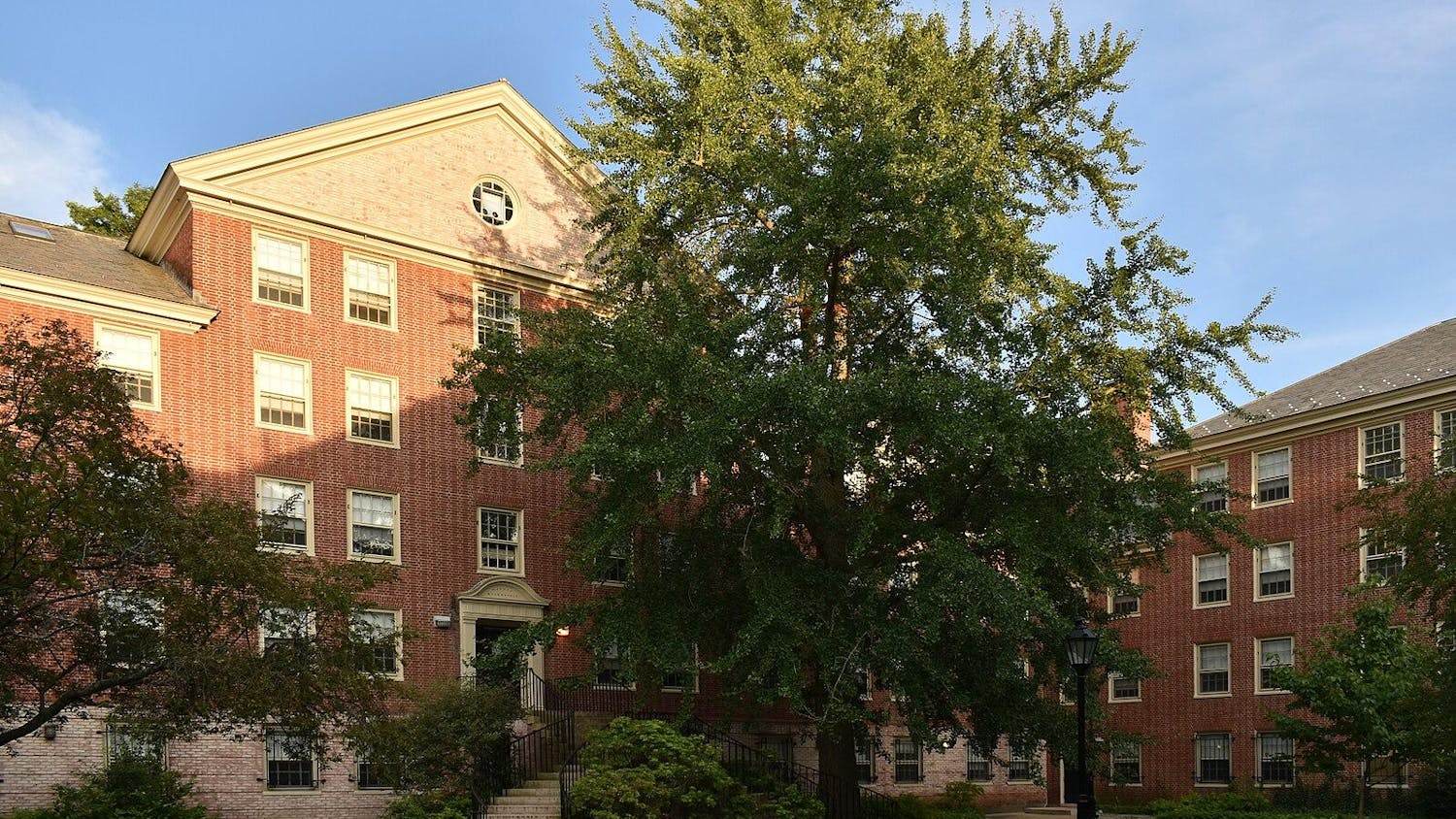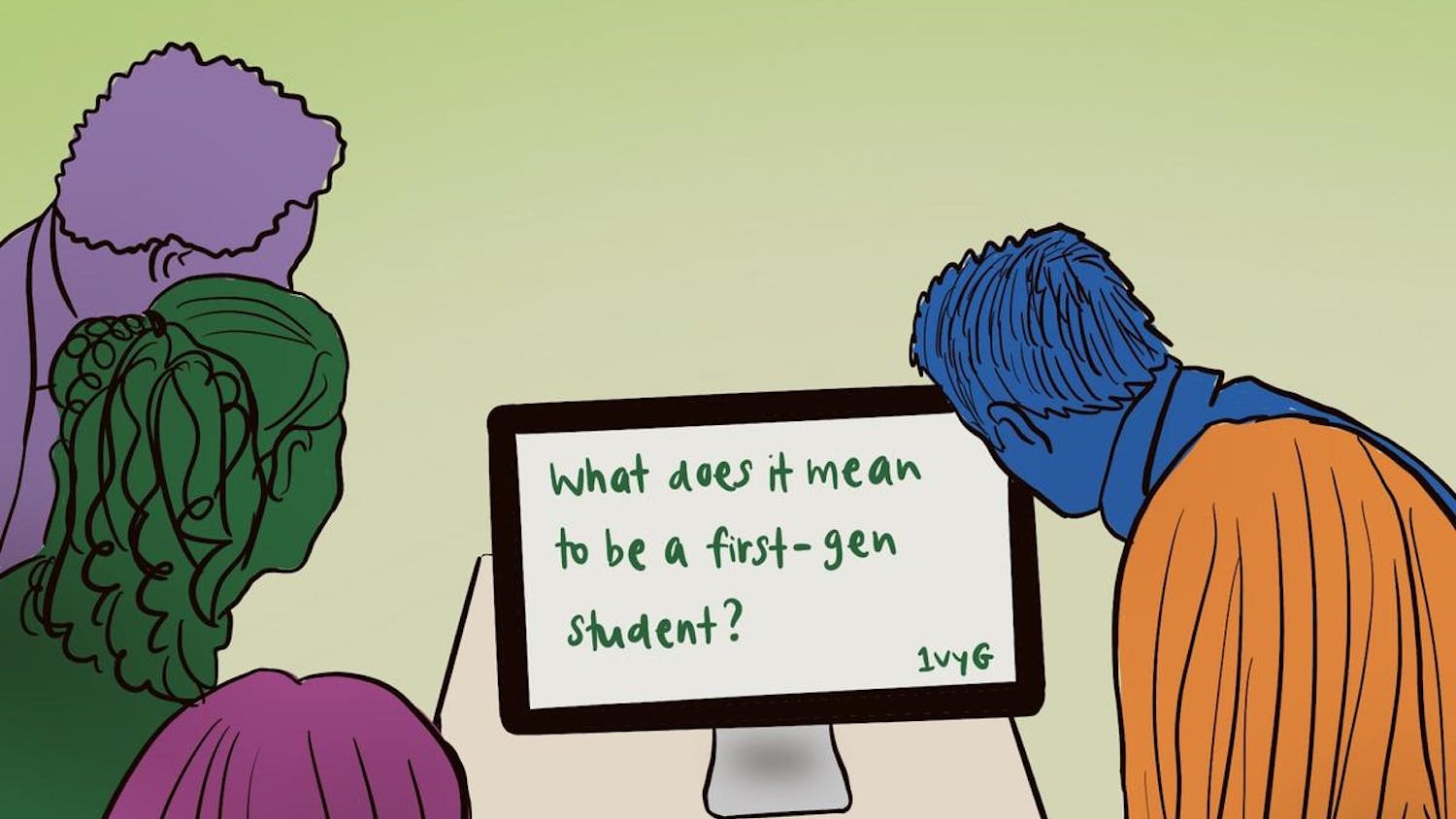Correction appended.
The National Science Foundation has awarded Brown a million-dollar C2 grant after a competitive application process. The University will receive just over $1 million out of $20 million awarded to 17 universities in states across the country that participate in the Experimental Program to Stimulate Competitive Research.
Over $950,000 of the grant will go toward additional network hardware for Brown, said Ed Hawrot, professor of medical science and principal investigator for the project that will receive funding. The speed of the connections used to share data between campuses will be vastly improved through connectivity and bandwidth improvements, he said.
The grant will facilitate separate faculty research in life sciences such as the analysis of the genomes of marine ecosystems and the genetic responses of these ecosystems to climate change.
Data will be available across universities in Rhode Island due to "improved collaboration infrastructure," said Casey Dunn, assistant professor of biology. Dunn's lab, which is at the intersection of genome sequencing and computational analysis, will study the genome functions of these marine organisms through both computer work and field work, he said.
The goal of the grant is to build infrastructure through the increase of cyber-connectivity between Brown's main campus and the Jewelry District, which includes the Medical Education Building. Dunn said Brown's emphasis on investing in "core resources" helped increase the University's competitiveness.
The University of Rhode Island, the Rhode Island School of Design and Rhode Island College and other primarily undergraduate institutions will benefit. With such a small distance between these schools, this grant is expected to facilitate statewide cooperation through both inter- and intra-campus connectivity.
The grant is expected to accelerate current student research projects and provide new opportunities for student research. The grant will build local computational expertise, as well as impact other computational techniques in Rhode Island, he said.
In turn, this will bolster the "knowledge economy" initiative, an ambitious collaboration between public and private organizations to attract researchers and academics to the city and state.
An earlier version of this article included quotes from Assistant Professor of Biology Casey Dunn that did not refer to the grant discussed in the article.




